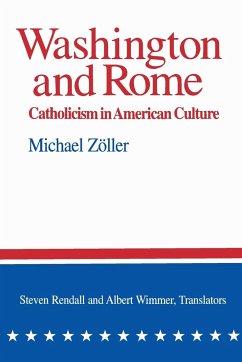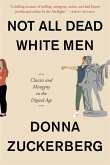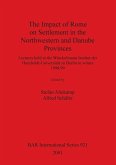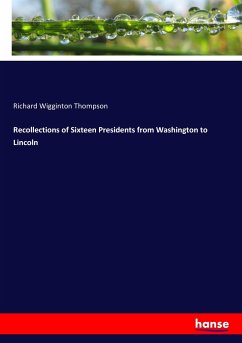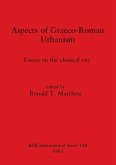To an outside observer, the religious culture of the United States might seem astonishing. For German sociologist Michael Zöller, American Catholicism is more than that; it is a contradiction in terms. With its historical consciousness, emphasis on institutionalized structures, and combination of skepticism and assurance of grace, Catholicism seems to embody the very opposite of the American cultural principle. Zöller here reexamines widely held notions about secularization and the role of religion in civil society to show how Catholicism was integrated into the Protestant, egalitarian, and populist American culture and to determine what distinguishes American Catholics from both European Catholics and other Americans. Zöller traces the progress of Catholicism in the New World from earliest European settlement through the "Great Crisis" of the late nineteenth and early twentieth century to its acceptance in the mainstream of modern America. He tells how, despite the anti-Catholic sentiments of the founding fathers and Americans' deep suspicion of institutions, the Church has fared better in this religiously neutral republic than in the so-called Catholic countries where it was both privileged and persecuted. Because American Catholicism was preoccupied for so long with having to justify itself in both Rome and Washington while fighting internally for a proper balance between these loyalties, it acquired abilities that had never been necessary in the countries where it first flourished.

